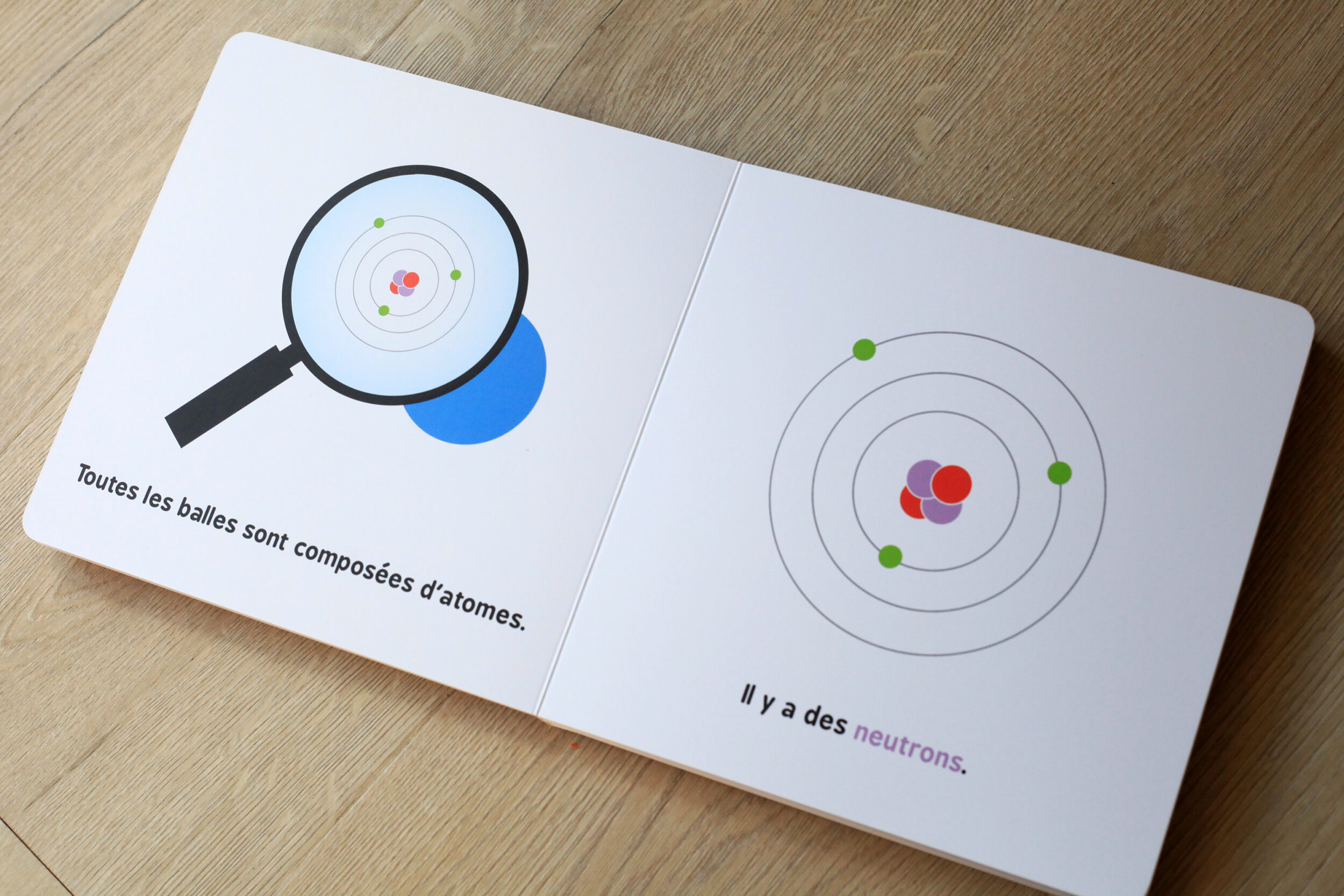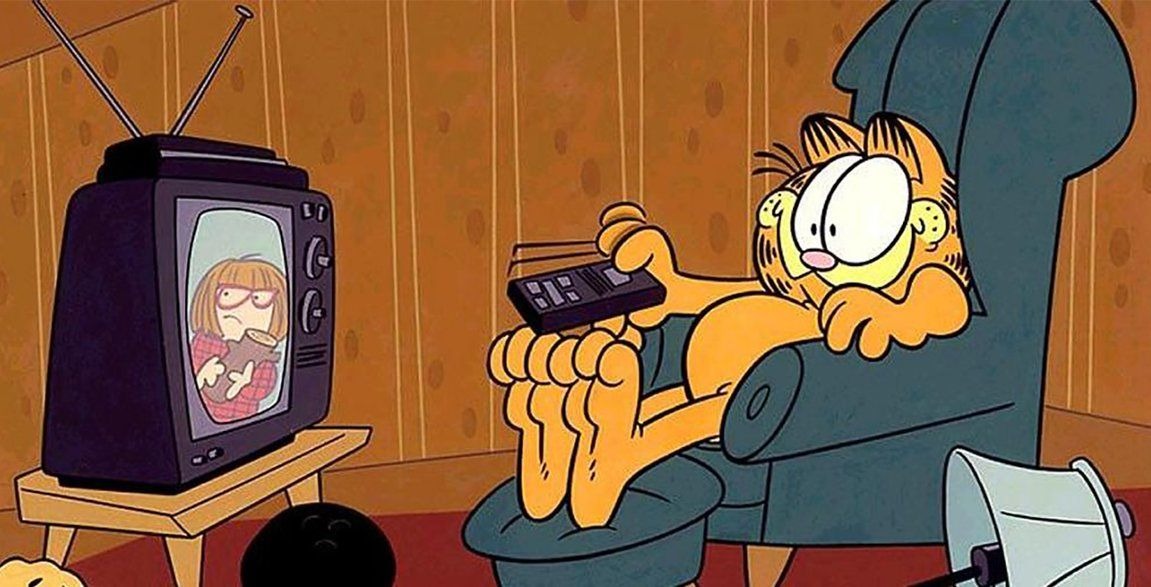Quantum physics or general relativity are scientific concepts that we consider far from the concerns of children. Yet, introducing science to little ones can happen sooner than you think, for example through books that explain these concepts.
“For us mathematics is a common topic of conversation”
Laetitia is a high school math teacher, but also the mother of three soon-to-be-born children. Children who are immersed in a world rich in mathematics from an early age, since their father is also a mathematics teacher.
“ For us, mathematics is as banal a topic of conversation as the news or what we eat in the evening.. We talk about math when we talk about our days, we do math when we work at home, we make jokes about math, and we regularly use math terms because it’s everyday vocabulary for us. So there’s inevitably mathematics baked into their daily lives almost everywhere, and questions like that “ Mom, what is a square root? » OR ” Dad, what is a complex number? “. It’s something we share, they like mathematics and have a good level for their age. But since they might have to do it for a few years in school, they might even like it! »
To answer the questions that her 4 and 6 year old children ask her, Laetitia presents popular versions of the concepts covered. “ We rely first on concrete facts, because these will be the easiest for children to understand. Abstraction is not a bad word, but it comes second. »
As in all families, everyday situations also serve as a basis for introducing or illustrating mathematical concepts. “ When we cook we read the numbers on the scale, do fractions by reading the time or cutting a cake. » But should we wait until a certain age to familiarize them with mathematics, physics, chemistry or biology? “ As long as there is curiosity on their part and they are interested in it, it is the right time to talk about it. » advises Laetitia.
“There is no reason to share science with children any less than music or sports! »
For Aude Caussarieu, PhD holder in physics and science educator, we must not only ask ourselves how to introduce science to children, but why? “ Is this so that they have more scientific structures at school, can choose scientific careers, have a good image of science, develop critical thinking, make them dream of spaces? »
According to her, one of the main problems in familiarizing children with science is doing it promote access to scientific studies for girls, minorities and people belonging to disadvantaged socio-professional categories. We can show them that science is part of their universe, that it is accessible to them. “ It’s important to have” science » at home and not just at school. Children’s books on the topic, such as the Baby Sciences albums, can participate in the project. »
These albums written by Chris Ferrie, a Canadian physicist and mathematician, have enjoyed great success in the Anglo-Saxon world for several years. Aimed at children, from an early age, these books very simply disseminate complex scientific concepts such as organic chemistry or rocket science. They were recently translated into French and published in France by Place des Victoires.

“ I love the diversion made by the author » says Aude Caussarieu, « I offer them as birth gifts to children of scientific parents. I also like bodysuits with messages like ” Forget the princess, I want to be an astrophysicist » (Forget about princesses, I want to be an astrophysicist)which demonstrate that science is accessible to girls, even if in practice it is not so easy “.
By bringing science into homes from childhood, this accessibility could be simplified. “ For slightly older children I would look for books with characters who do science, if possible women and people of color. I would also take the kids to science fairs and science museums » advises the teacher.
He also sees science as a way to develop critical thinking. “ We can have a scientific approach to the world from an early age, for example by not personifying objects.and accept that you don’t know and aren’t an expert in everything. » And last significant number for Aude Caussarieu, “ the world is a source of wonder and surprise, and there is no reason to share science with children any less than music or sports! »
Whether through books on the subject, conversations, cultural visits or mundane situations of everyday life, introduction to science is therefore possible and desirable from an early age. Why deprive yourself of it?
Add Madmoizelle to your favorites on Google News so you don’t miss any of our articles!
Source: Madmoizelle
Mary Crossley is an author at “The Fashion Vibes”. She is a seasoned journalist who is dedicated to delivering the latest news to her readers. With a keen sense of what’s important, Mary covers a wide range of topics, from politics to lifestyle and everything in between.




